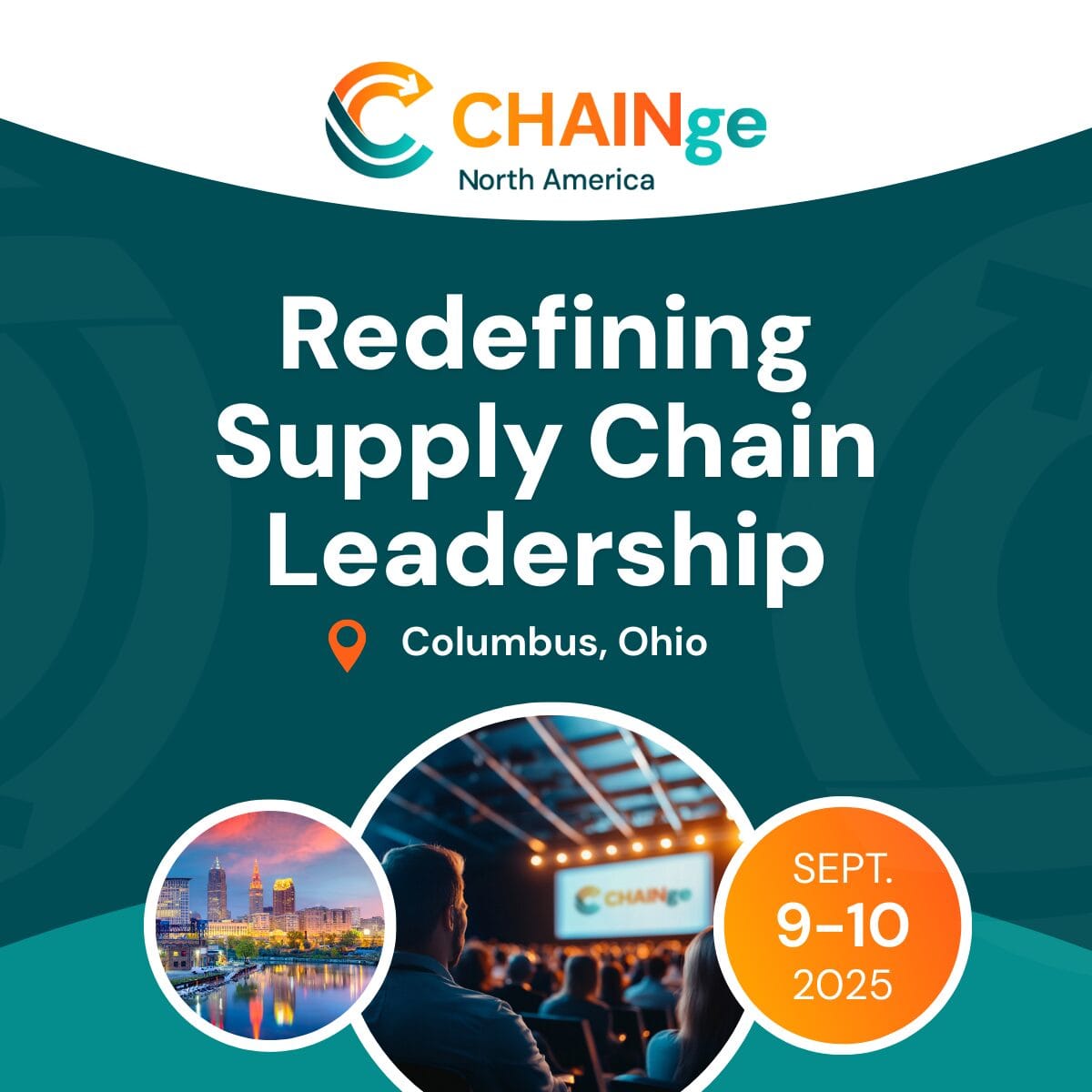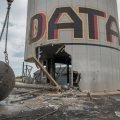Does Logistics Matter? Answering YES to the question in our latest podcast episode are Bart de Muynck, Industry Expert and Conference Chair at ChainGE and Jan de Kimpe, Supply Chain Professor at Leuven University and Consultant at Logisol Pro. In this episode, we explore what’s keeping supply chains up at night, and what comes next.
From the people shortage to sustainability pressures, they reveal why the supply chain of the future won’t just be faster or cheaper—it’ll need to be more innovative, more flexible, and deeply human-centred.
The Talent War: Still Unsolved After All These Years
Finding skilled supply chain workers has always been tough. However, it’s now reaching crisis levels in several areas. Whether it’s truck drivers or warehouse operators, it’s becoming increasingly difficult to find them. Warehouse jobs remain physically demanding and repetitive, and therefore hard to fill. Other jobs are struggling with an image problem. We need to rethink how we attract and retain talent across the supply chain, particularly when considering the younger generations.
Automation Isn’t a Silver Bullet (Yet)
With labour shortages growing, you’d think full warehouse automation would be the obvious answer. Not quite.
Jan explains that high costs, long payback periods, and shifting business models are preventing companies from fully embracing robots.
“Businesses aren’t sure if their growth will come from e-commerce or brick-and-mortar,” he said. “That uncertainty makes full automation risky.”
Instead, hybrid models, where humans and robots collaborate, are becoming the norm. With more tech-savvy workers entering the field, collaboration is becoming smoother.
Flexibility Is the Name of the Game
Climate change, tariffs, geopolitical conflict, and supply chains are under constant pressure, and the subsequent disruption is always just around the corner. According to Jan and Bart, supply chains need to become adaptable. Technological innovations like AI are enablers for creating flexible, adaptable supply chains. Another critical enabler is data.
Sustainability Pressure Is Here to Stay
From Scope 3 emissions to packaging waste, sustainability is no longer optional, especially in Europe, where regulations are tightening fast.
Bart highlights how cold storage, transportation, and yard operations are significant contributors to carbon emissions. However, many businesses still struggle to measure their emissions, let alone reduce them accurately.
“Sustainability starts with data,” he said. “If you can’t measure it, you can’t manage it.”
Jan also points to more innovative packaging, material reuse, and electrified last-mile delivery as areas where logistics can make a real difference, provided the necessary infrastructure is in place.
A Preview of What’s Next: CHAINge Europe
Bart and Jan both highlighted the upcoming CHAINge Europe event, happening June 17–18 in Brussels. It’s a two-day, hands-on conference focused on innovation, regulation, talent, and sustainability in supply chains, built by and for the industry.
Expect expert panels, roundtable discussions, and real-time collaboration, not just passive presentations. You can find more information here.
Rethinking Supply Chains
As this episode makes clear, today’s supply chains are navigating more complexity than ever. But with the right talent, smarter automation, and a flexible mindset, there’s massive potential to build a better, more resilient logistics future.
Want the full conversation with Bart and Jan? Listen to the podcast via the player below, or in your favourite podcast app.






